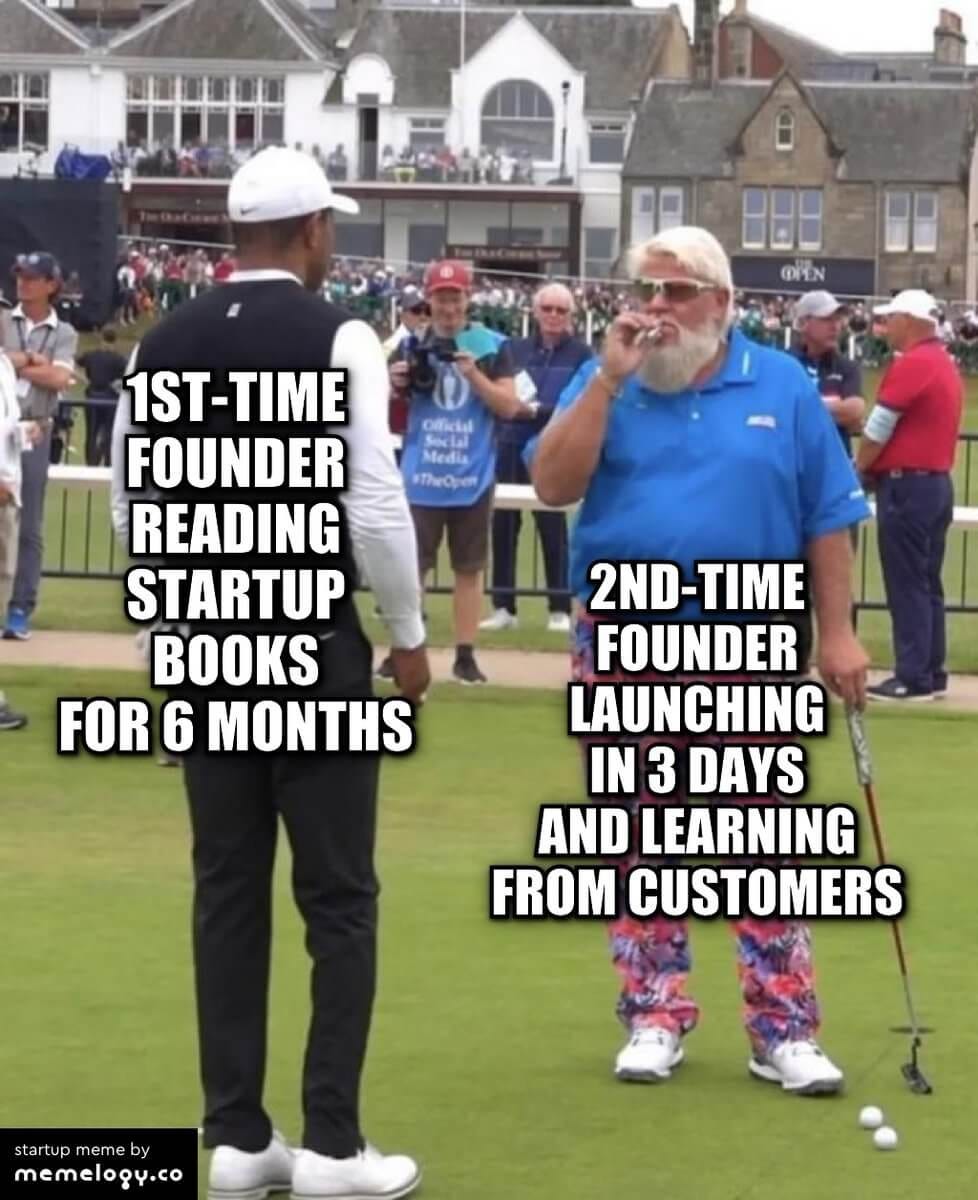2nd Time Founder
Today I met an old friend Joe for coffee. He did his 1st startup roughly the same time as I did Leap.ai, sold it to Atlassian, stayed in Atlassian for 2 years and left to decide what to do next. It was great to catch up. We talked about a lot of topics, but one question stood out.
How do you feel differently this time? Joe asked me.
My answer was mostly around 3 points:
Technical ability wise, the same.
It’s always a strong belief of mine that up to a certain point, an engineer’s raw technical ability stops growing, and coding speed even declines. But at least understanding / knowledge wise, I can say I remained the same.
Product sense wise, incremental gains.
As compared to last time (which is 2016), I now have a better understanding on user growth and human psychology, thus better product sense. But the change is incremental, not step function change.
Mental readiness wise, step function change.
Last time, I felt I had so much to prove, and I constantly treated everything as a crisis challenge. I was sprinting the whole time.
Only afterwards, I understood what truly mattered and what didn’t. So this time, I have a sharp focus on the areas that truly mattered, and put other areas at ease.
In other words, I’m mentally prepared for winning the marathon, not the dashes.
This time, I spent a lot of time on the following activities:
I played with competitor apps, and focused on how I felt when I used these apps. I validate or disprove what I read about these apps from media articles.
During design discussions, I created an imaginary persona of a target user, and focused on how I would feel if I were that target user. (I guess this is how actors prepare themselves.)
I tried to use my understanding of neuroscience to explain how a certain feature design would trigger desired user emotional reaction.
I watched user research videos and closely observed how people responded (beyond just what they said).
I tried to demo in Figma to other people and observed how they responded.
On the contrast, I spent a lot less time on the following activities:
I delegated most technical choice decisions to the team, knowing if needed, we can change these decisions later.
Last time I spent a lot of time trying to make “the best” technical decisions upfront.
I didn’t overthink “how this feature will be built”, as long as I know “this feature can be built”.
Last time I focused a lot about “how this feature will be built”, and was vocal about potential technical challenges.
I cared a lot more about VC / investor fit than prestige.
Last time I was trying to chase the “well-known” VCs, thinking that their prestige will bring extra value for my startup.
I didn’t worry at all if some investors said “not interested”. I simply took the approach of “assume everyone will say no, just take feedback (verbal or non-verbal) and move on; if it’s yes, be grateful of the luck”.
Last time getting a no means a lot of rehashing “what I could have done differently to get a yes”.
I didn’t worry too much about how much each expense cost, as long as there’s enough money in the bank.
Last time I scrutinized a lot of expenses and always asked “is this too expensive?”
Every startup founder runs into pitfalls in their journey. Doing it 2nd time brings clarity which ones to avoid, and that knowledge won’t be available if it weren’t the first time. I’m pretty sure I’ll still run into new pitfalls this time, but hopefully being less tripped up by obvious things.
One thing to clarify though, 2nd time founder still needs to be humble - I don’t know everything. I just know that I’ll test it out in front of real users quickly and commit to fast iterations until we find product market fit.
Stay humble and focused on the right things - that’s the real 2nd-time-founder advantage that VCs love.


